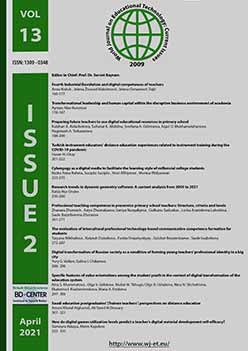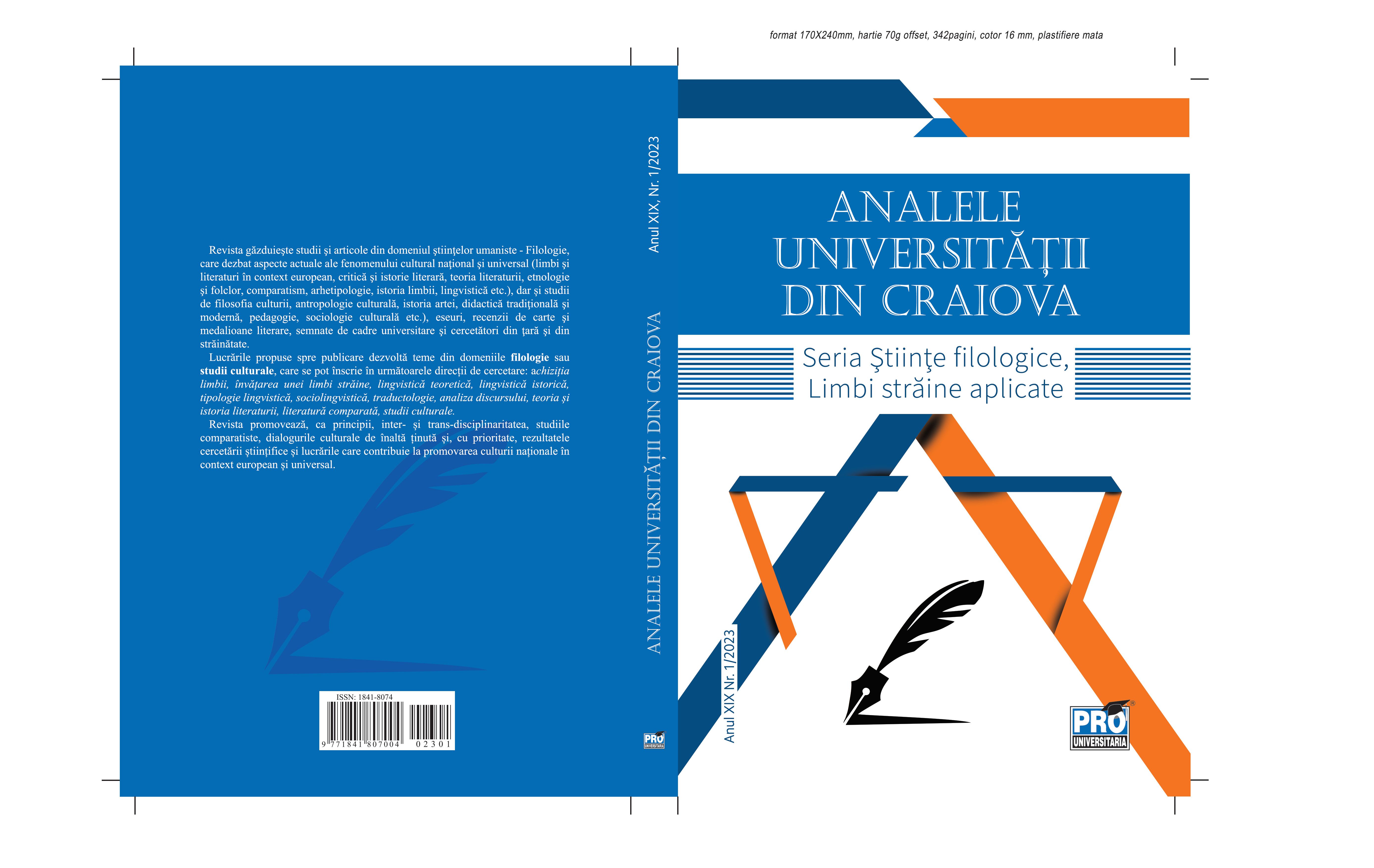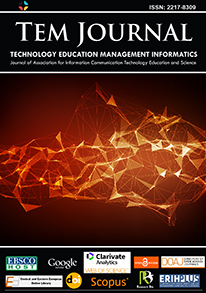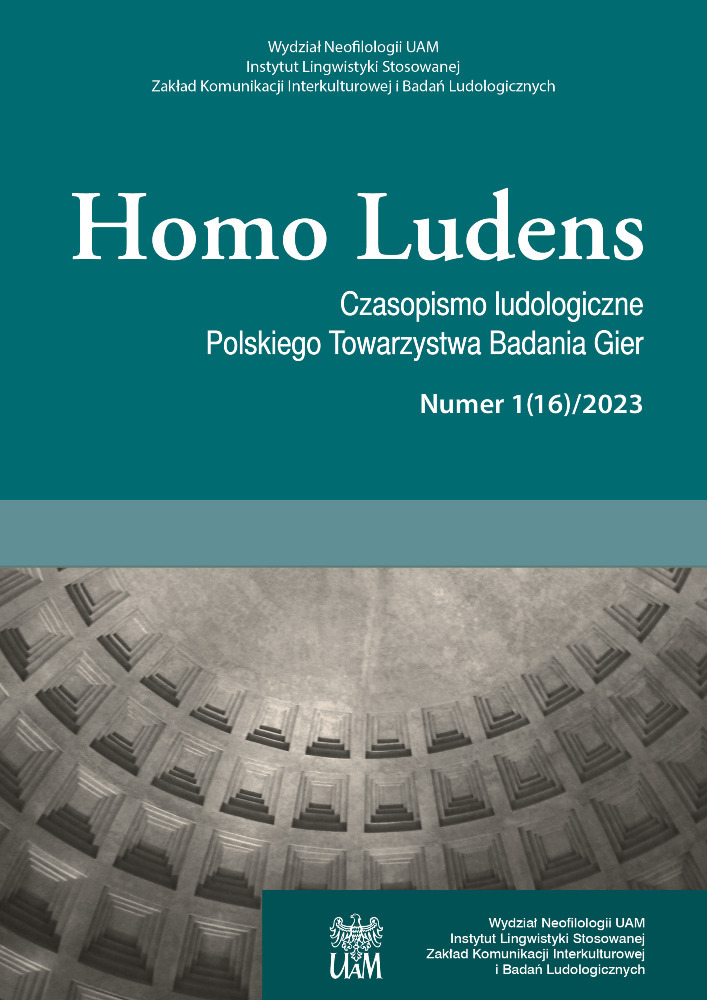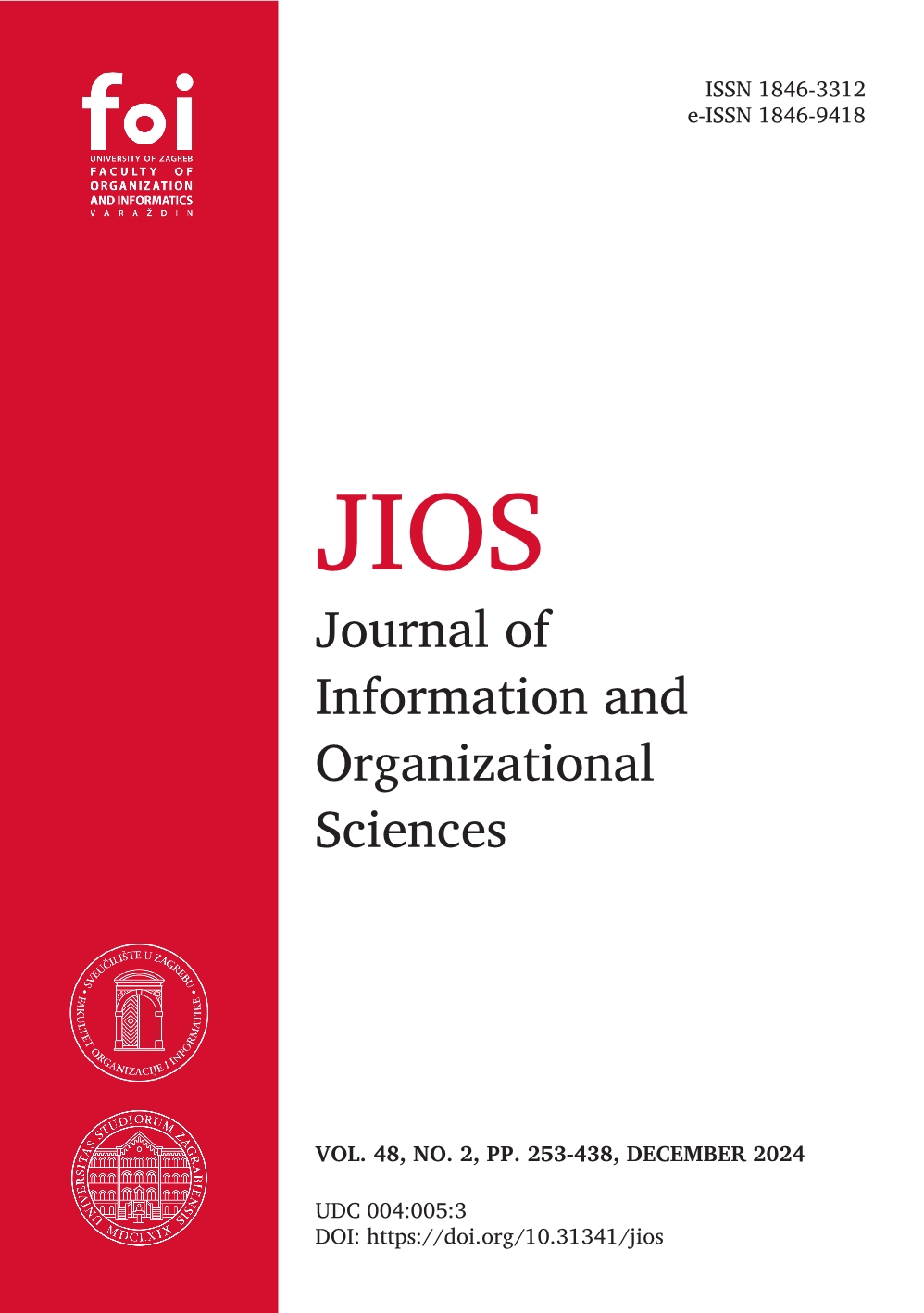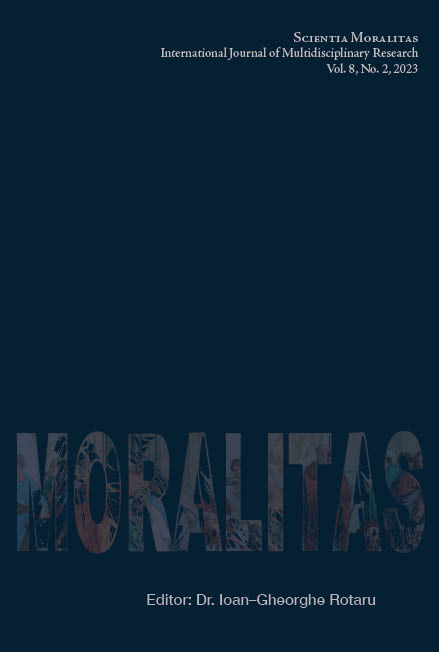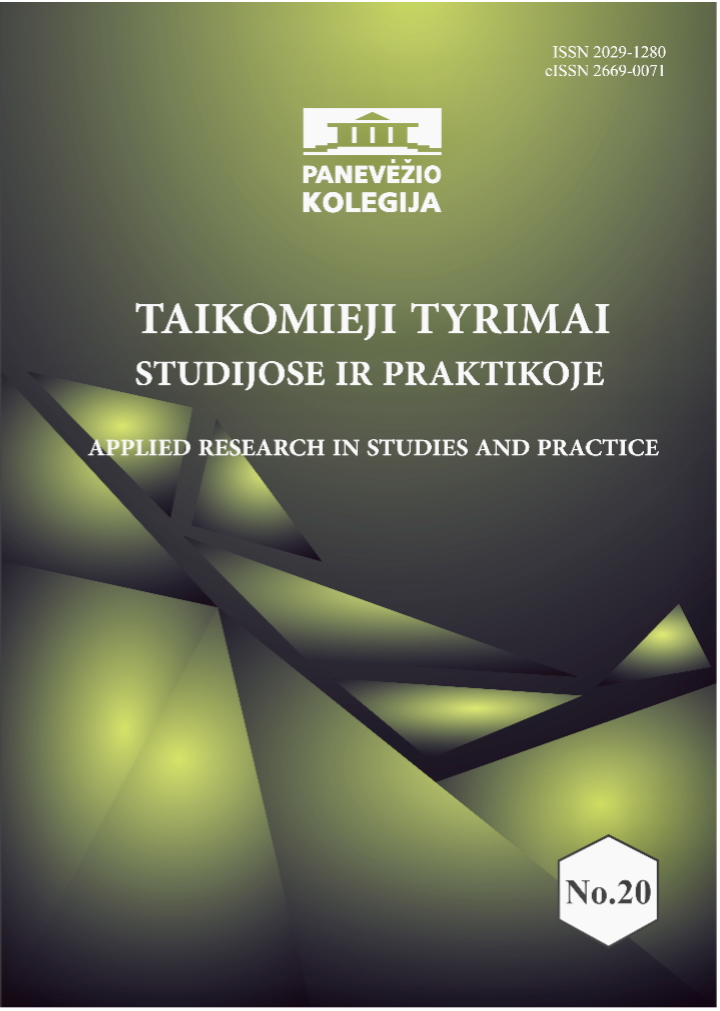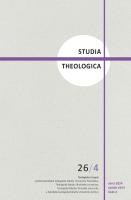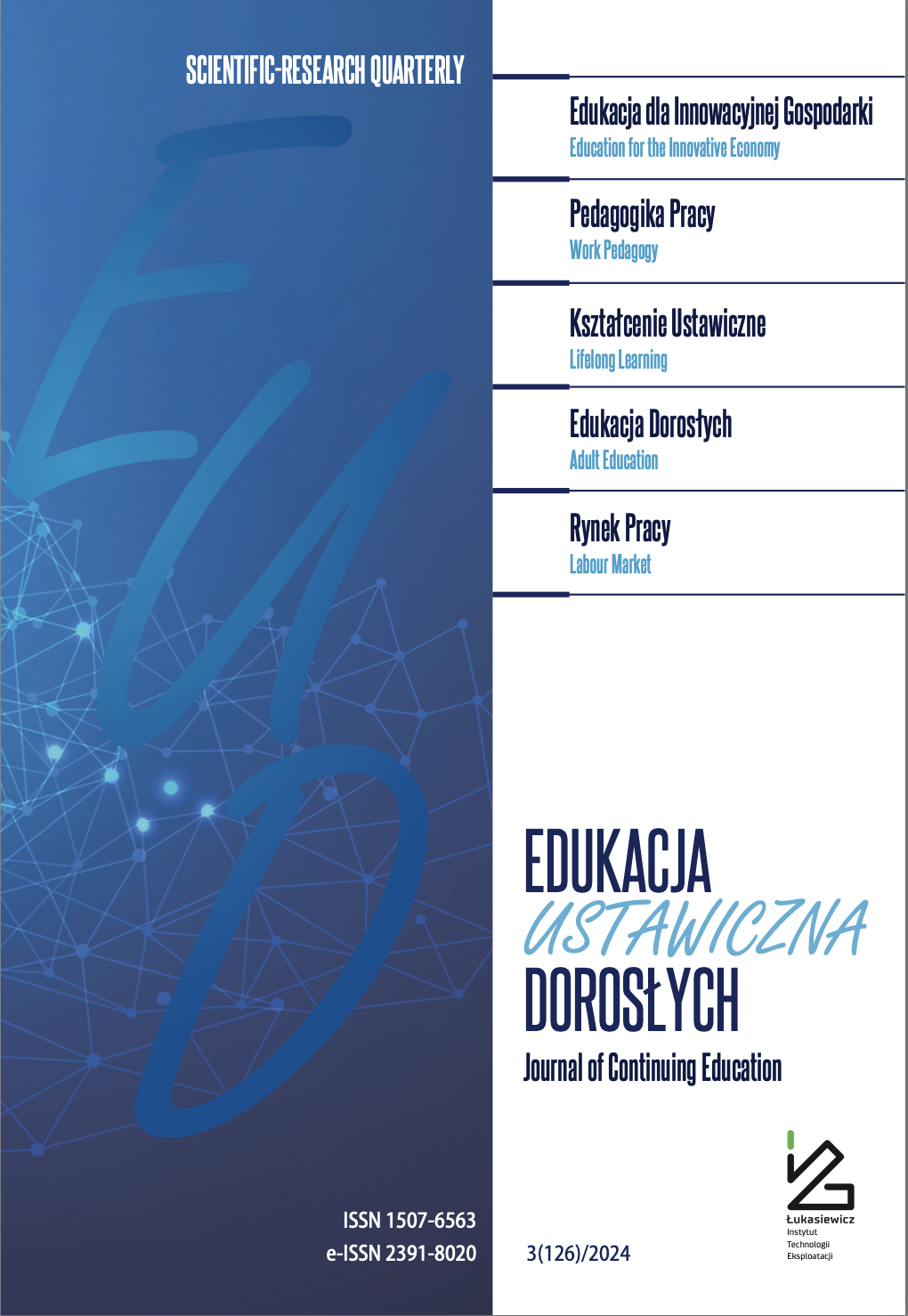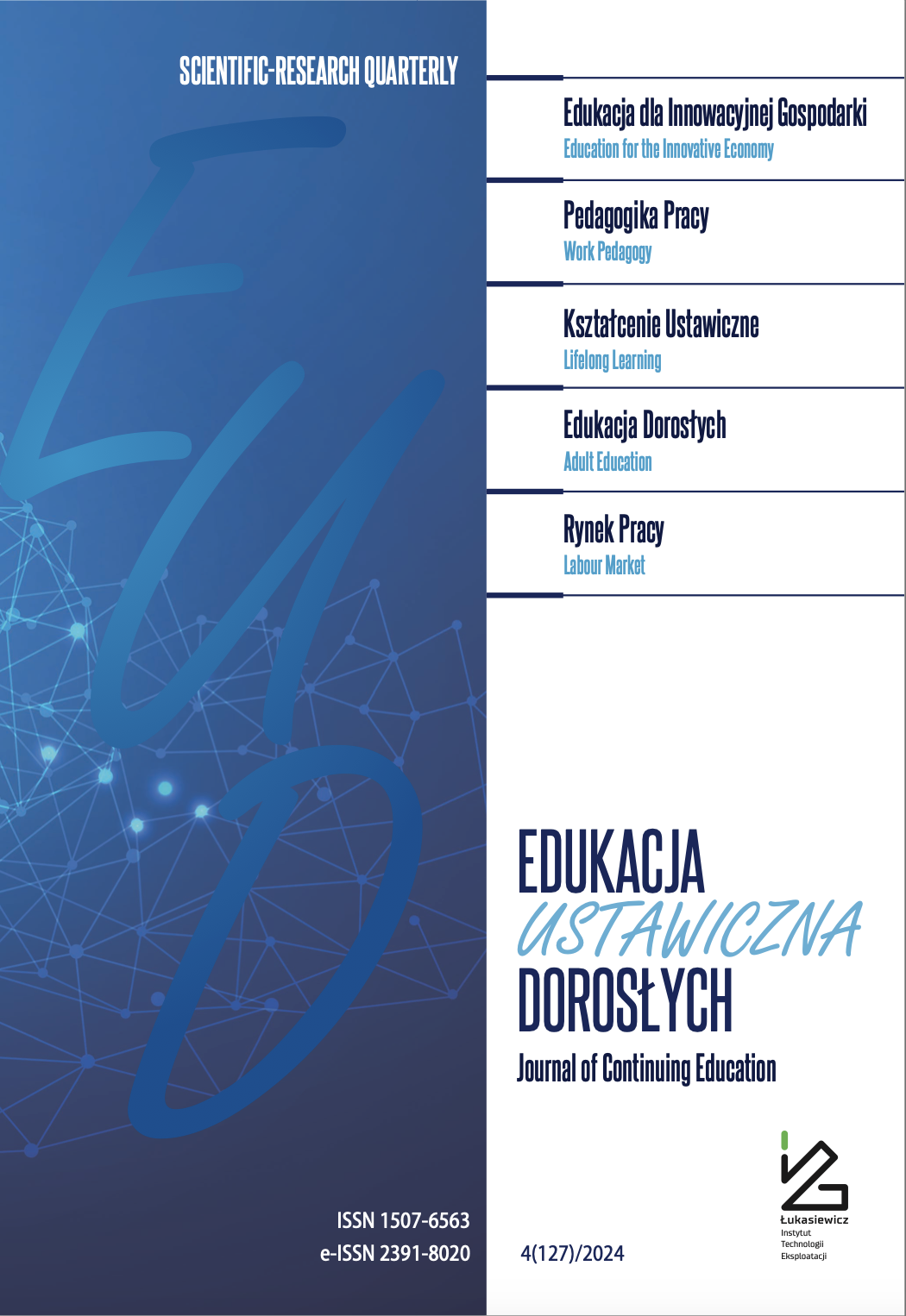Author(s): Vaidas Gaidelys,Evelina Evelina Gaideliene / Language(s): English
Issue: 2/2024
At the beginning of 2020, with the onset of the pandemic, the traditional learning environment for learners drastically changed globally. Since then, most students/teachers have started and practiced distance and virtual learning/teaching. Thus, a technological breakthrough in virtual learning has followed. In connection with this, many countries worldwide have commenced allocating additional financing and funds for educational institutions' technological improvement and development. The long-term stay in distance learning has revealed and highlighted new problems students face: their knowledge level has decreased, they lack socialization skills, and they face psychological and physical health problems. Due to this negative impact on students, a need to research and evaluate how much the EU countries allocated to solve the distance learning-caused problems and what programs or models they prepared has emerged and encouraged further studies. The research has found that many countries increased their allocations very minimally, e.g., 0.0.1%, but some increased their available budgets to 32%. Notably, most countries did not separate distance learning exit funding from distance learning preparation funding. Based on the problems the countries saw, only a few states identified withdrawal from distance learning as a problem. Considering this, we set ourselves the goal to evaluate exit models from distance learning and allocated funding amounts.To stabilize the impact of unforeseen events, such as epidemics, pandemics, military conflicts, etc., on learning processes, it is necessary to have sustainable solutions for managing learning processes in such situations. As revealed by the COVID-19 situation, the stability and continuity of the learning process remains very important even in emergencies. Stable and continuous learning can be ensured by practising sustainable distance learning, which must be based on sustainable tools. The results of this research are significant in terms of improving distance learning and providing qualitative and sustainable education. The current situation stimulates hybrid learning, which is increasingly becoming the foundation of sustainability in the education sector. Thus, to reverse the damage caused by distance learning and create a sustainable environment for blended learning, it is necessary to eliminate the negative effects of distance learning. This challenge will lead to the need for new sustainable blended learning programs.The following objectives were planned to achieve the goal:· to evaluate the global practice of exit from distance learning in the context of sustainability;· to determine the scope of funding for pandemic management;· to evaluate the amounts of funding allocated to manage pandemic-caused consequences and the GDP ratio.Research methods: mathematical-statistical analysis, empirical analysis, and analysis of scientific literature.
More...
